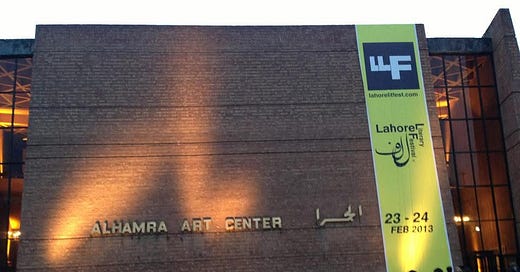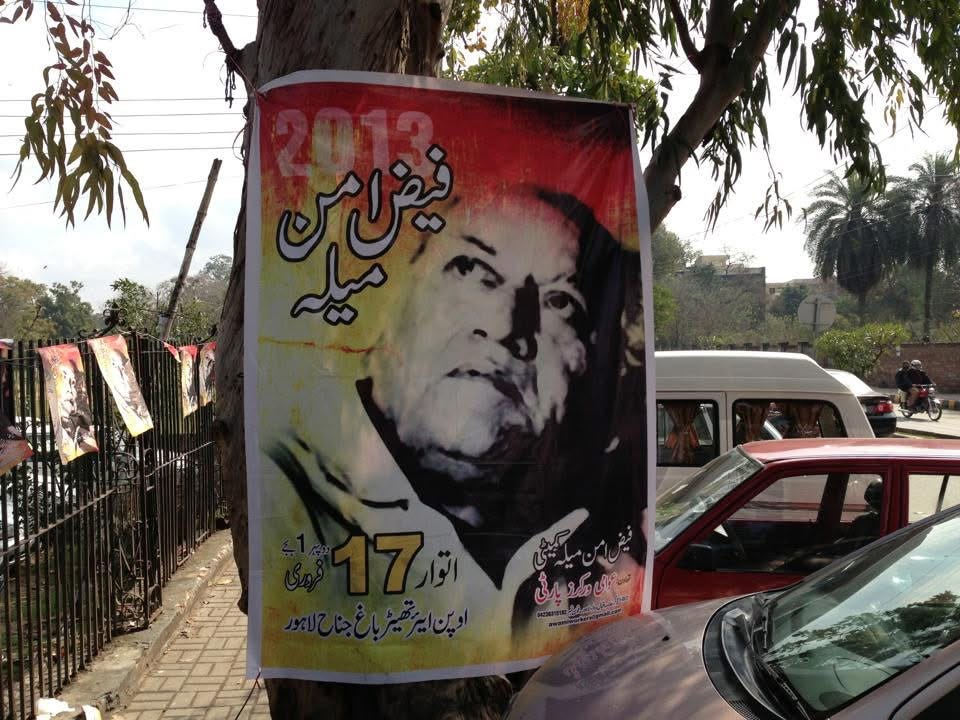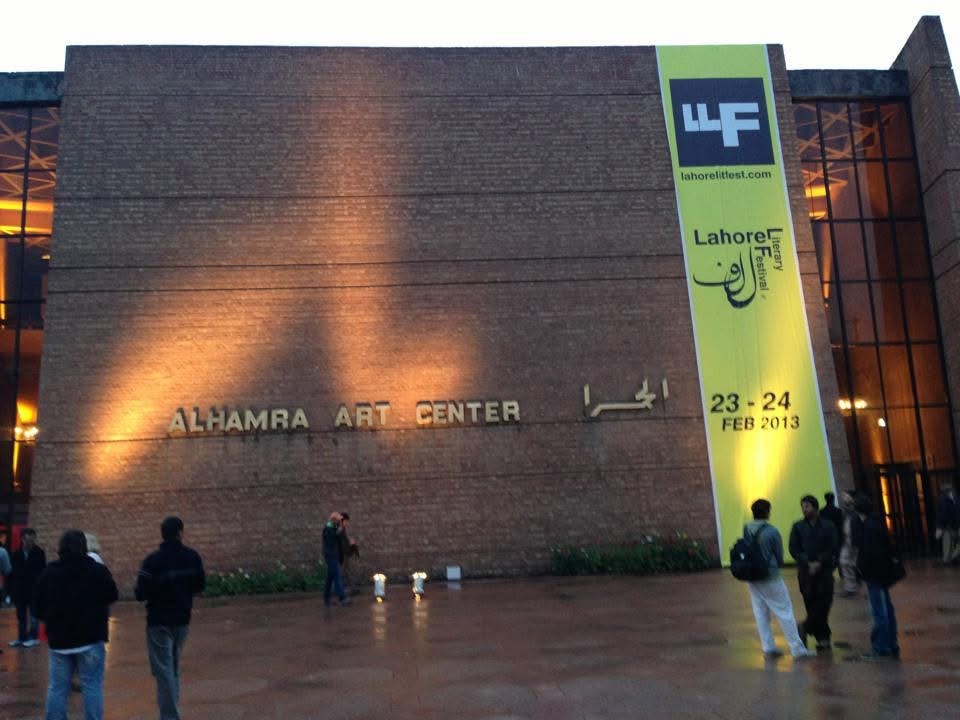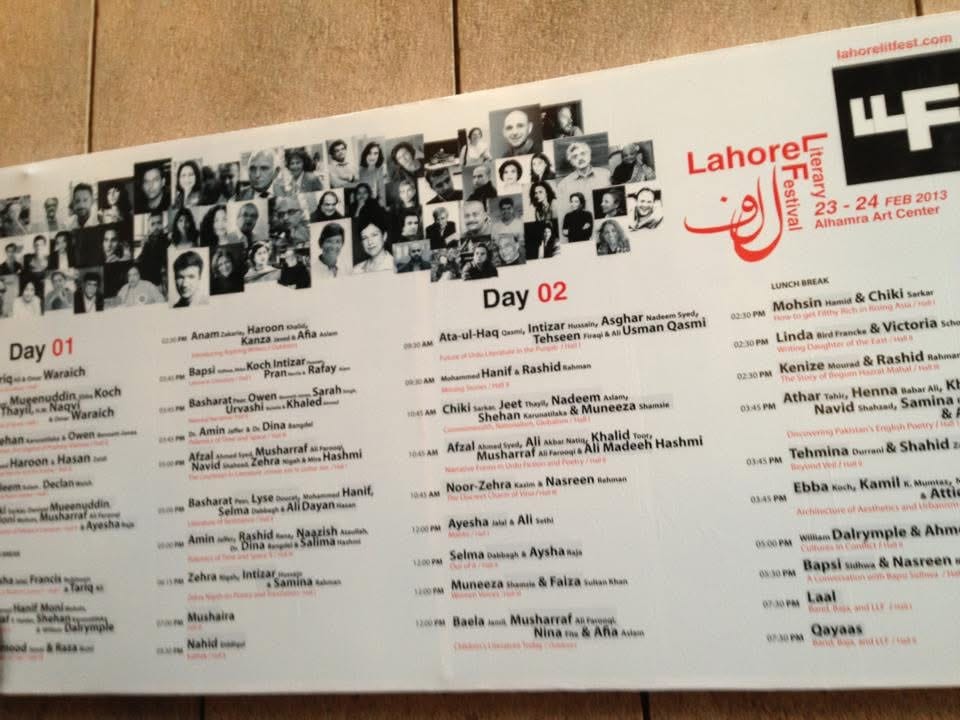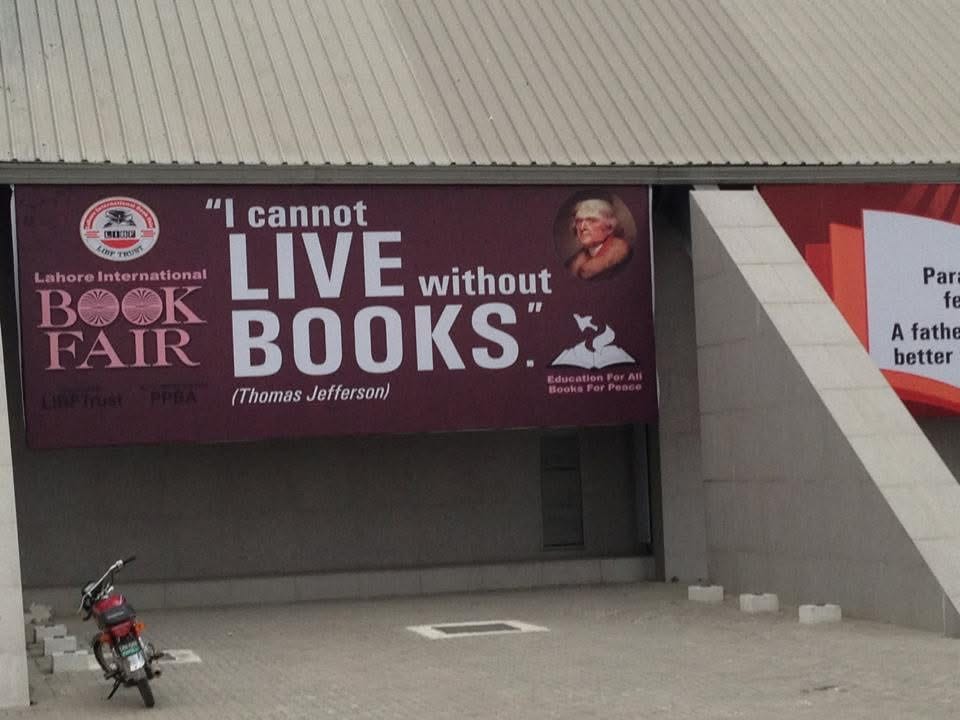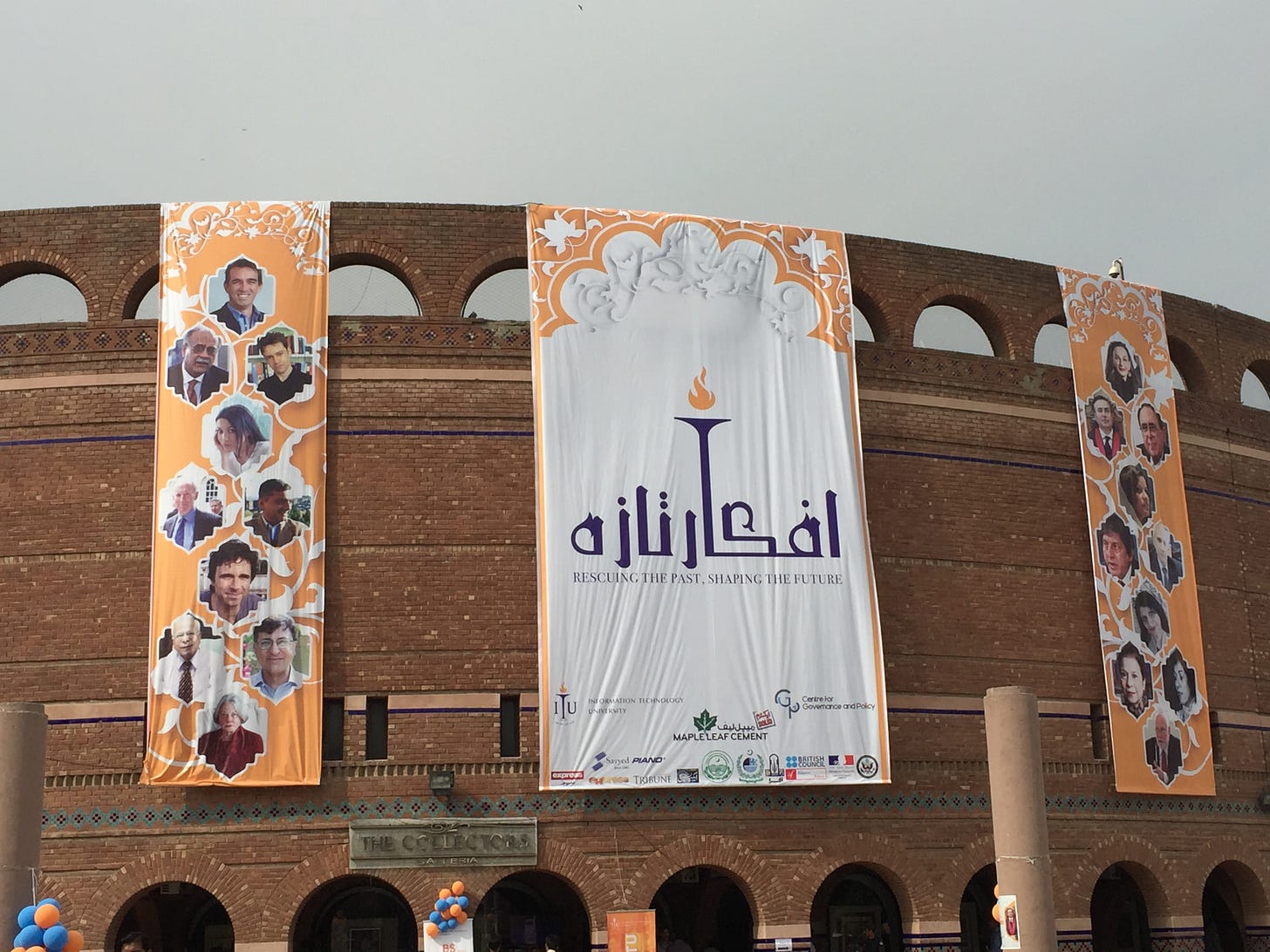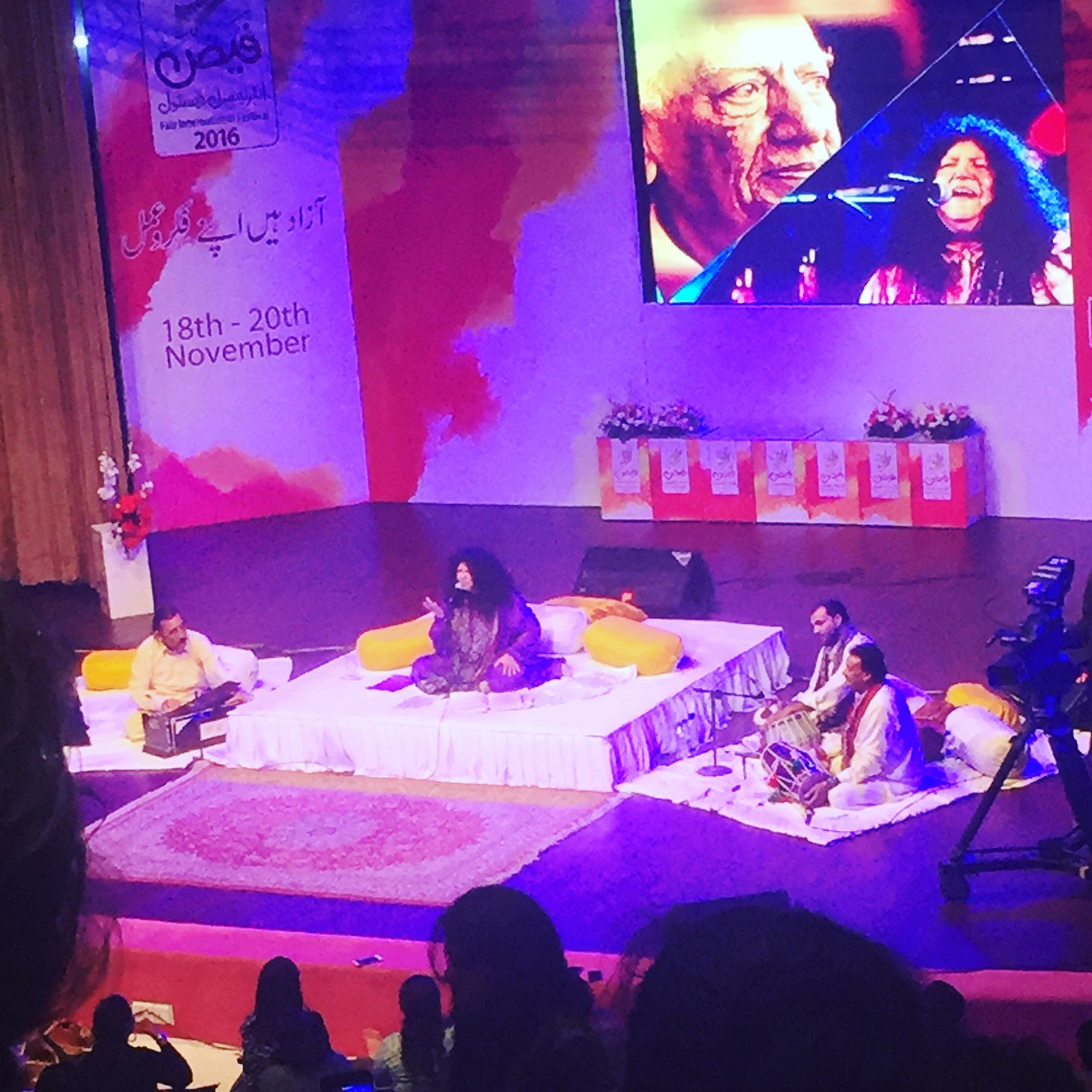I spent almost a decade in Lahore (2007-16), first for medical education and later for work. I had grown up in a small Punjabi town, hearing about the literary landscape of Lahore, the city of gardens. There is a deluge of books about Lahore, its history, its culture and charm it has on people in the subcontinent. I grew up reading a writer named ‘A Hameed’, who wrote longingly about his hometown Amritsar and his adopted city, Lahore. I devoured historian K.K.Aziz’s “The coffeehouse of Lahore” about a famous coffee house in Lahore during the first decade of Pakistan’s independence where many literary figures who had been displaced due to partition, converged. Later on, I read Intizar Husain’s “Charagon ka Dhuan’ about his memories of Lahore from 1947-97 after his move from India, revolving around the famous ‘Pak Tea House’.
Once I actually arrived in Lahore full-time (previous visits being for book-shopping at Ferozesons with parents or visits to the Zoo or relatives), the glory years of Lahore had apparently faded. Pak Tea House had shuttered in the 90s and writers had been confided to their own circles. There were occasional glimmers here and there, such as book launch events or small literary gatherings.
Back in the heyday of the 1950s, there was an ideological divide between left-wing writers who believed that art should be created only to articulate human suffering/human condition from a left-wing perspective. On the other side was the puritan writers who believed that art should be created for the sake of art, and not as a slave of a particular ideology. The left-wing group was organized around ‘Anjuman Taraqqi pasand Musannifeen’ (Progressive Writers Association/PWA) and the other side was represented broadly by Halqa Arbab e Zauk (Fraternity of Literature lovers). With the withering of left-wing movements during the 1990s and Pakistani state’s crackdown on the broader left since the early 1950s, PWA has had a diminished presence over the years. Halqa, however, has proudly convened a weekly meeting since 1947 (even during the partition riots). I had the opportunity to attend meetings of both during 2012-13 and left underwhelmed. In both meetings, the majority of audience was a leftover from the last century (no offense intended), so was the discussions at these meetings.
Some other notable events that happened regularly in the city included an International Book Festival in February every year, and a Faiz Mela, celebrating URdu poet Faiz Ahmed Faiz on his birthday in mid-February. The ‘International’ festival is international in name only, but most of Pakistan’s small publishing industry show up and books are available at a discount. Faiz Mela has been held since 1992 at an amphitheater in Bagh e Jinnah, a public park. I started going to Faiz Mela in 2010 and it was a small gathering where anyone could show up and listen to live music and poetry, with red flags flying around the amphitheater.
Then, in 2013, a star was born. Lahore Literature Festival (LLF), organized by the Iqbal Z Ahmed family, was an international gathering of literary talents from across the globe. Inspired by Jaipur Literary Festival (started in 2006 in India), LLF was to be Pakistan’s answer to Jaipur in its grandeur and global reach. LLF was not the first literary festival started in Pakistan, it was Karachi Literature Festival (KLF), which started in 2010. Starting off in 2013, LLF has been held almost every February in Lahore, inviting literary stars including Nobel laureates and Booker Prize winners. I attended the first four versions of the event and wrote about them for various publications (in Urdu and English ). I generally enjoyed attending the events, despite my critiques, which I maintain. I was not a member of the elite bubble, who made appearances at LLF as part of their social capital, but knew enough writers to get by. Most of my memories from LLF are happiness, of being able to listen to some of my idols, of hanging out with likeminded people, of listening to some great live music.
My biggest issue with LLF was the way it was framed by western journalists as “resistance” against Islamic fundamentalism and Taliban. Security was always an issue even when LLF was being held. At one of the events (in 2015), there was a bomb threat and the festival was moved to an adjacent private hotel. Another big gripe was that while there was no barrier to entry at LLF, there remained a societal, lingual and class barrier that was hard to bridge. Anyone could attend the festival, but the language used by most panelists was English and even outside of the halls, there was a lot of “in-group” signaling. Also, not a big fan of the Z.Ahmed family. Another gripe was about LLF inviting the same people every year. I once tabulated how many times a person had been the speaker or moderator at LLF sessions over the first four years and many people were repeat offenders. Some were involved in as many as thirteen sessions over four years.
Among many wonderful memories of LLF, from Tariq Ali’s inaugural address to a live performance by Sachal Orchestra to me interviewing Owen Bennet Jones and then losing the voice transcript, there is one that stands out. In February 2015, I was a pathology resident at FMH Medical College, in Shadman. Superstar historian, Romila Thapar was giving the inaugural address that year. I was still at work. I faked illness and left work, just so that I could be at Alhamra for LLF! In February 2013, I was still a house officer (doing anesthesiology internship), and I made an excuse for the final night (Sunday) when I was supposed to be on call, just so that I could be at LLF with my friends (lots of people from all over Pakistan showed up, particularly for the first edition).
Seeing the popularity of LLF, other organizations started holding their own versions after 2013. Those included Khayaal festival, Faiz festival, and Afkaar e Taaza (which had a more academic bent to it). This new, revamped Faiz Festival is glitzier and more like LLF than the more egalitarian, still left-wing production at Bagh e Jinnah, helmed by Faiz’s family members. Some friends refer to it as ‘Faiz’s Urs’.
But it was the month of February that benefited the most. Dear friend and former editor Sabahat Zakariya recently commented that Lahore is at its peak beauty during February. I think this is enhanced by the literary activities that take place during the month. Starting off with the book festival, then Faiz festival and bookended by LLF.
While I don’t generally dwell on nostalgia when it comes to my life in Pakistan, it is Lahore in February that makes me yearn for the good ol’ times.

